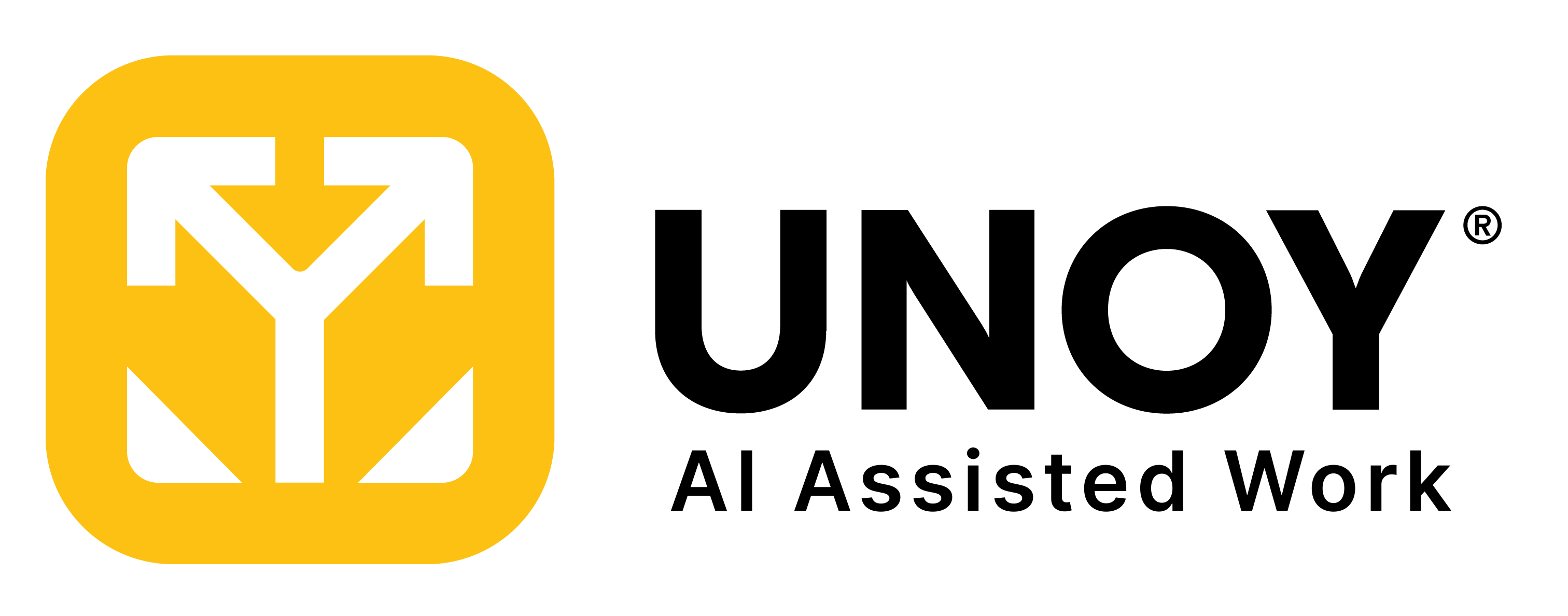Revolutionizing How Businesses Build
No code solutions are no longer a niche toolset—they are redefining how startups build and scale their businesses. By enabling entrepreneurs to create software applications without extensive programming knowledge, these platforms are lowering the barriers to entry and accelerating innovation. From prototyping to full-scale product deployment, no code tools empower startups to focus on their core value proposition while significantly reducing time and costs. This article explores the growing importance of no code solutions for startups and how they are transforming the entrepreneurial landscape.
What Are No Code Solutions?
No code solutions are platforms that allow users to create software applications through intuitive, visual interfaces rather than traditional programming. These tools offer pre-built components, drag-and-drop editors, and automated workflows, making it easy for non-technical founders and teams to develop functional software. Popular no code platforms include Bubble, Webflow, Zapier, and Airtable, each designed to cater to specific needs such as web development, workflow automation, or database management.
For example, a startup founder with no technical background can use Webflow to design a professional-grade website or use Bubble to build a fully functional web application. These platforms often integrate seamlessly with third-party tools, enabling startups to create robust systems that can handle everything from customer onboarding to complex business logic. This accessibility is a game-changer for early-stage companies seeking to validate ideas or launch products with limited resources.
Why No Code Solutions Are Relevant for Startups
Startups often operate under tight constraints, including limited budgets, small teams, and an urgent need to get to market quickly. No code solutions address these challenges by democratizing software development, empowering founders and teams to take control of their digital infrastructure without relying on costly development cycles. They also allow startups to iterate faster, pivot more effectively, and experiment with ideas that would otherwise require significant investment.
For instance, consider a startup that needs a minimum viable product (MVP) to showcase its concept to investors. Using a no code platform, the team can build the MVP in weeks rather than months, incorporating features like user authentication, payment systems, and responsive design. This efficiency not only accelerates the feedback loop but also reduces the risk associated with untested ideas, making no code solutions an invaluable asset for early-stage ventures.

Key Benefits of No Code Solutions for Startups
1. Faster Time-to-Market
Speed is a critical factor for startups aiming to outpace competitors or capitalize on emerging trends. No code platforms enable rapid prototyping and deployment, allowing startups to launch products and iterate based on user feedback at a fraction of the time it would take with traditional development methods.
- Prototype Development: Quickly test ideas and gather user feedback by creating functional prototypes without writing code. Learn more on how to build an MVP using Bubble’s MVP guide.
- Iterative Improvements: Make adjustments in real-time based on market insights, ensuring your product evolves with customer needs.
- Launch Readiness: Deploy production-ready applications directly from no code platforms, saving weeks or even months of development effort.
2. Cost Efficiency
Building custom software traditionally requires hiring developers, project managers, and designers—a costly undertaking for startups with limited funding. No code platforms significantly reduce these expenses by enabling in-house teams to create and maintain applications without technical expertise. This cost efficiency allows startups to allocate resources to other critical areas like marketing, customer acquisition, or product research.
For example, a small team can use Airtable for project management, Zapier for workflow automation, and Bubble for application development, eliminating the need to hire a developer for each task. These savings can make the difference between surviving and thriving in a competitive startup ecosystem.
3. Empowering Non-Technical Teams
No code solutions empower non-technical team members to contribute directly to the product development process. This democratization fosters collaboration, as marketers, designers, and operations specialists can actively participate in building tools that support their functions.
For instance, a marketing team can use tools like Webflow to create and manage landing pages for campaigns, or a customer support team can automate repetitive tasks using Zapier. By reducing the reliance on developers, startups can operate more flexibly and respond to challenges with agility.
How Startups Are Leveraging No Code Tools
E-Commerce
Many e-commerce startups are turning to no code platforms to quickly set up online stores, integrate payment gateways, and manage inventory. Platforms like Shopify and WooCommerce offer user-friendly interfaces for building fully functional e-commerce websites without technical expertise. These tools also provide integrations for marketing, analytics, and customer support, enabling a comprehensive e-commerce solution.
Fintech
In the fintech sector, no code solutions allow startups to develop applications for expense tracking, financial planning, or peer-to-peer lending without navigating complex regulations surrounding financial software development. Tools like Glide and Adalo enable startups to create mobile apps that connect securely to financial data, providing value to users without requiring a team of engineers.
Healthcare
Healthcare startups are using no code platforms to streamline patient management, build telemedicine applications, and automate administrative workflows. Platforms like Softr and Airtable make it easy to design HIPAA-compliant systems for scheduling, record-keeping, and communication. This accessibility allows healthcare startups to innovate quickly while maintaining compliance with industry regulations.
Challenges and Considerations
While no code solutions offer remarkable advantages, they also come with limitations. Complex applications with highly specific requirements may exceed the capabilities of no code platforms, requiring custom development. Additionally, startups must ensure that no code tools integrate effectively with their long-term technology stack to avoid scalability issues.
Another consideration is data security. Startups handling sensitive information must evaluate the security measures of their chosen platforms and ensure compliance with industry standards like GDPR or HIPAA. Partnering with reputable no code providers and conducting regular security audits can mitigate these risks. Learn about secure automation practices on Zapier.
The Future of No Code for Startups
The no code movement is continuously evolving, with platforms adding new features, integrations, and capabilities to meet the growing demands of startups. Future advancements are likely to include enhanced AI-driven functionalities, deeper customization options, and broader compatibility with existing tools. These developments will further empower startups to innovate faster and compete more effectively.
- AI-Driven Tools: Automated design suggestions and intelligent workflows will make no code platforms even more intuitive.
- Increased Scalability: Platforms will evolve to support the growing needs of startups transitioning to larger-scale operations.
- Expanded Integrations: Deeper compatibility with industry-specific tools will make no code solutions viable for even more use cases.
Conclusion: Embracing No Code Solutions
No code solutions are revolutionizing how startups build, launch, and scale their businesses. By enabling rapid development, reducing costs, and empowering diverse teams, these tools provide startups with the agility needed to navigate today’s dynamic markets. For entrepreneurs looking to turn ideas into reality







